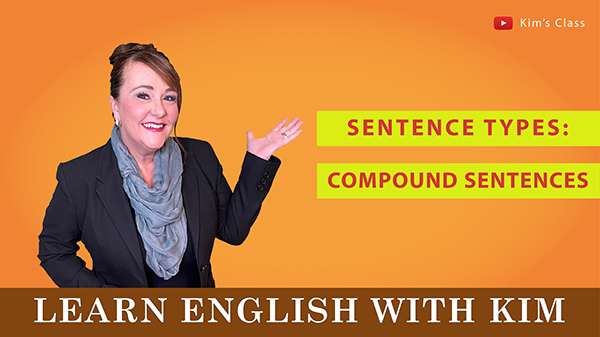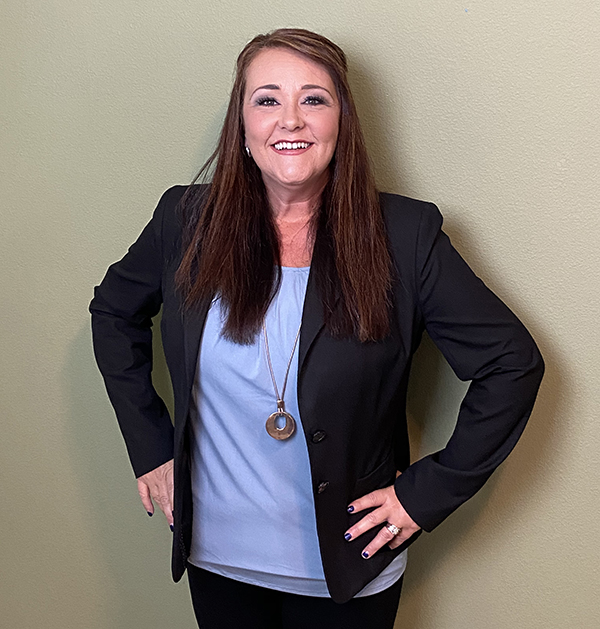Faculty Spotlight - Kim Contreras
Tell us a little about your professional background.
I started teaching at Everett Community College in the Fall of 2004. I have a bachelor's degree in K-12 special education and a master's degree in TESOL (Teaching English to Speakers of Other Languages). In addition to working at EvCC, I work full-time at Arlington High School as a special education and EL teacher and serve as the department chair for special services.
What do you teach at EvCC?
I am a part-time faculty member for EvCC, teaching evening and summer classes in the transitional studies department. I work with English Language learners at all levels but ADORE the brand new speakers!
Why did you choose EvCC?
I had the privilege of doing my TESOL internship in 2004 with a wonderful EvCC teacher at an off-campus site in Marysville. It did not take long for me to see that EvCC truly cares about all learners, regardless of their educational background, language barriers, or immigration status.
How has the pandemic affected you? How are you doing?
I often feel drained and my tank is empty. But within minutes of starting class with these EL students I am rejuvenated. They fill my love tank. Working with students from other countries who see education as a PRIVILEGE is such a refreshing breath of fresh air. Being blessed to “gift” such a valuable skill to people is one of the most rewarding experiences I have, or will have, in my life. The joy I receive from watching them progress from not being able to say “My name is” to speaking full sentences is indescribable.
How have you adapted your curriculum and teaching methods to support students who are learning from home?
Even all the passion I have for teaching and my 15-plus years working with students of all abilities could not prepare me for what was about to come with the change in educational format due to COVID-19. When the decision was made to go 100% online I became paralyzed. Paralyzed by fear, doubt, and feelings of inadequacies. How in the world could I teach level 1, (non-English speaking) students, in a virtual platform? Not only did these students have limited English, some were illiterate in their own language, and many had little, if any, technology skills. Some had never even turned on a computer. How in the world would they EVER figure out how to navigate Canvas? We had no warning, so I was not able to front load instruction and teach them these skills, so now what?
I spent almost 2 weeks trying to wrap my brain around what to do. I decided not to focus on what they could not do but rather what I knew they could. Students had smart phones and knew how to use them. So that is when I came upon the idea of making videos and posting them on YouTube. I took an extra room in my basement and built a recording studio that looked like a classroom.
I consulted with my sons, who were in the industry, and purchased equipment. With the help of my very patient boys and my wonderful husband, we learned a video editing program and how to build a YouTube page. Over spring break I planned, recorded, and edited (with lots of help from my family) 50 10- to 20-minute videos. I sent out links to each video to the students' phones via the Remind app.

Do not get me wrong; there are still some crazy challenges. I still question myself. Am I doing enough? Are my students getting quality instruction? Are they going to all quit after week three? My first Zoom meeting was epic (not in the good way). Dogs barking, babies screaming, students not knowing their camera was on. Everyone talking at once…. But three quarters of the class managed to “get in.” So that was an achievement. Baby steps…
I try to post new content three times a week on YouTube. Videos range from very basic vocabulary in English to advanced sentence structure. I also have found that the idioms, street talk, and American slang videos have been extremely popular.
This last quarter I made 25 videos at the advanced level. Sentence errors, parts of speech, sentence types, punctuation. Then I made live worksheets and guided note pages that correspond with the videos. I sent these handouts to the students to work on while they watch the videos.
Why would you recommend English language learners take online Transitional Studies classes at EvCC?
There are so many GREAT reasons for English Language learners to take Transitional Studies classes. Although online can be challenging for students, especially learning English, it can also give them flexibility during a time when life can change so suddenly. With the video format I am using now, students have stated many times how nice it is to be able to rewind and listen again when they do not understand, or even watch the entire video again if they need more opportunities to let the information sink in. It has worked out much better than I even imagined.
When this whole online thing started I was doing this out of necessity. Now I think that this type of format could be beneficial even when we get back to person to person classes.
What advice do you have for students who are taking online or livestream classes for the first time?
Be patient. :) Patient with yourselves, with your family, and with your instructors.
Do not doubt. You are much more capable than you think.
Persevere. Do not give up. Stay the course. The confidence you get from the skills you will learn will be immeasurable.
What do you like to do for fun?
I adore game night with my adult children (we do Zoom game night now). Under normal circumstances I LOVE to travel. I try to go on two big trips every year and a weekend getaway every other month. My motto: Work hard. Play harder.
What is your favorite snack?
Häagen-Dazs ice cream!
Anything else you’d like to add?
Working with students from other countries has given me such a different perspective on life.
One quarter we were talking about a “happy moment” in our life and a student said: “The happiest moment in my life was when I won the lottery.” My money focused brain immediately went to what we Americans would think of when we hear lottery. I asked the student about how the lottery worked in his country and as he began to explain (in broken English), I knew I must not be understanding so I asked him if he won money. He looked at me puzzled. “Money? No. When I won the lottery I was given the opportunity to come to this country and live the American dream.” I am not going to lie. I teared up. In his country the word lottery is used when a small few are given the chance to come here. The happiest moment of his life had nothing to do with winning millions. It was being able to live in a country that I was born in. A country with freedoms, rights, and opportunities that I often take for granted.
This moment really helped me look at this difficult time in a new perspective. Are there challenges? For sure. Are there times that doubt overwhelms me? Absolutely. Do I sometimes feel like I am working twice as long and hard as I have ever worked in my life? Without a doubt. But I come back to the lottery. It is all about perspective. I have an extremely supportive family, we are healthy, and I am blessed to not only be employed during a time when many are not, my job allows me to share my passion. I too feel I have “won the lottery.”


